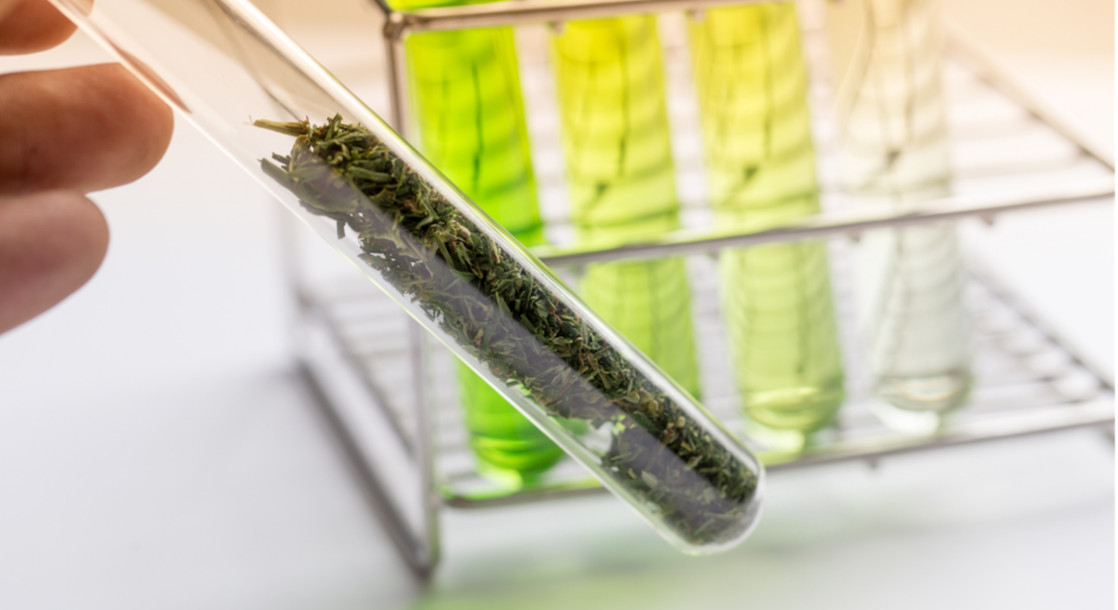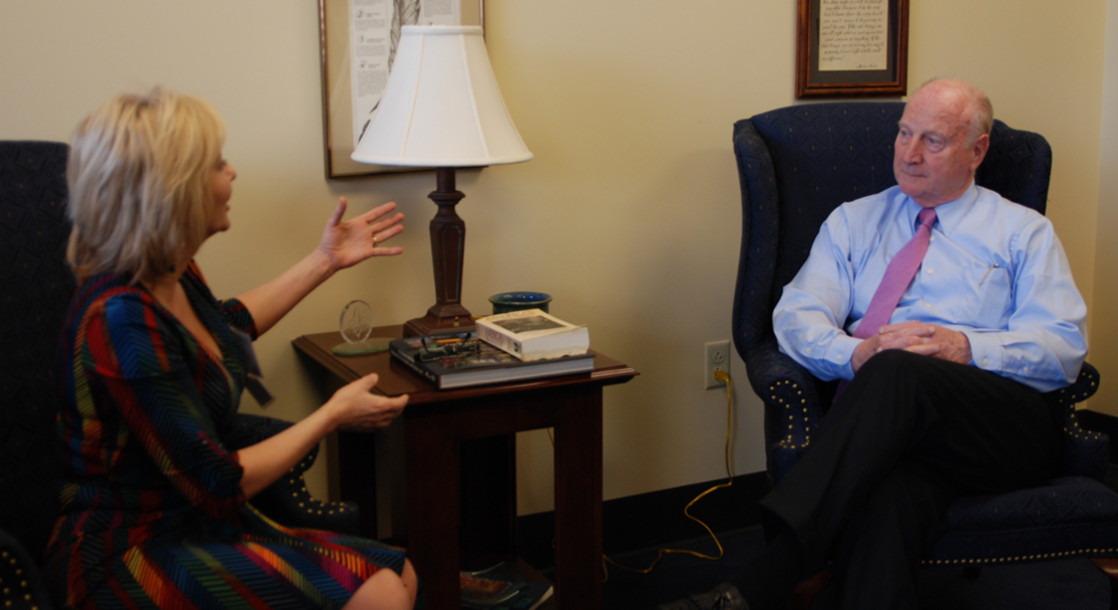Photo via Sinhyu
Cannabis regulators in Alaska and Nevada have been cracking down on cannabis testing facilities over discrepancies in potency-testing results and failures to follow proper procedures. Every canna-legal state now requires all cannabis products to undergo some form of laboratory testing, both to ensure that products are free from molds and pesticides as well as to verify the potency of products. But because cannabis is still prohibited at the federal level, there is no nationwide testing standard for the drug, and every state must devise its own testing rules.
In Nevada, the state Tax Department has suspended the licenses of four of the state's nine cannabis testing labs since last summer. Late last month, Certified Ag Lab and RSR Analytical Laboratories were both suspended for not following proper procedures. Randy Gardner, managing member of Certified Ag, told the Las Vegas Review-Journal that his company's license was suspended because auditors disapproved of the way they handled follow-up tests for samples that tested positive for mold. “It’s growing pains,” Gardner said of the suspension. “I think (the state) is trying their best to make sure everyone’s doing what they’re supposed to be doing. And I applaud them for trying to get everyone on the same sheet of music.”
Last week, the Tax Department shut down a fourth company, DigiPath Labs, for failing to follow proper procedures. The company must submit a “Plan of Correction” to the Tax Department detailing how they will address the issues before their license can be reinstated. “Our aim is to address issues early — well before anything rises to the level of a public health or safety concern,” Tax Department spokeswoman Stephanie Klapstein said to the Las Vegas Review-Journal. “Independent testing labs serve an essential function as quality assurance before products reach the public. We want them to understand we have a zero-tolerance policy when it comes to regulatory noncompliance, even in cases where good lab practices are not followed but there is no imminent public health concern.”
In Alaska, two cannabis testing firms are also being audited by state authorities. Erika McConnell, director of the state Alcohol and Marijuana Control Office, recommended that the state review its testing regulations after discovering a “significant deviation” in cannabis potency tests of the same product by multiple labs, the Fairbanks Daily News-Miner reports. Earlier this month, the state Marijuana Control Board released a statement warning cannabis consumers that labels indicating the potency of cannabis products sold in the state might not be accurate, and to exercise caution when dosing. The state Department of Environmental Conservation's Environmental Health Laboratory is now conducting audits on two of these labs, which will be completed in the next few weeks.
The lack of federal guidelines for cannabis quality control has made the field of cannabis testing a confusing maze of questionable ethics and quickly changing regulations. State officials are forced to strike a balance between relaxed testing regulations, which could lead to contaminated products hitting the market, and tighter rules, which impose great financial burdens on canna-businesses who must pay for these services. Some labs have also been caught deliberately falsifying their claims, allowing companies to claim that their products have more THC than is even scientifically possible. As the industry grows, confusion over cannabis testing regulations will likely grow with it, until some form of nationwide standards can be set.











